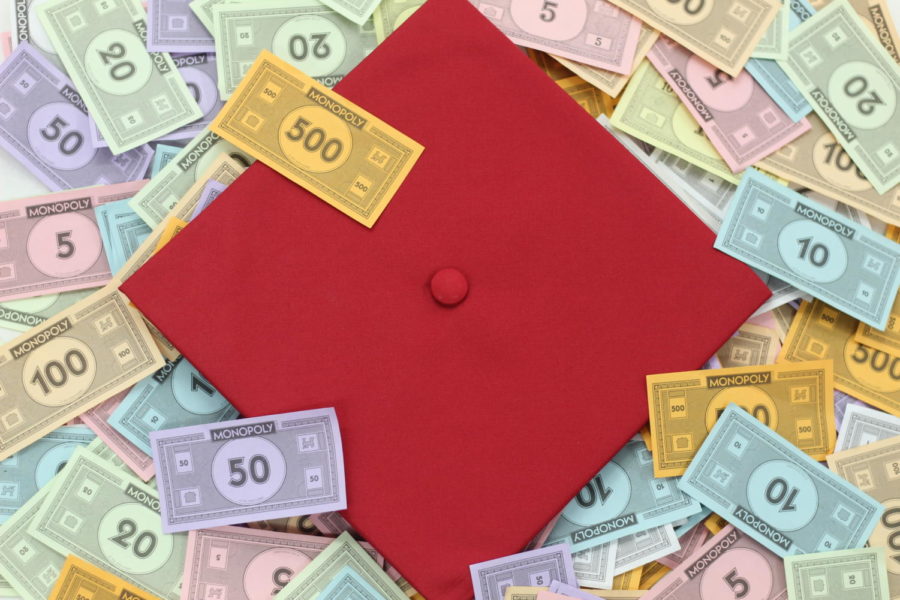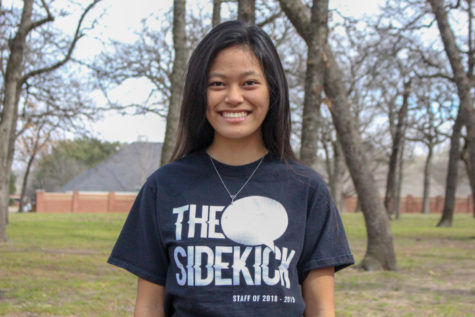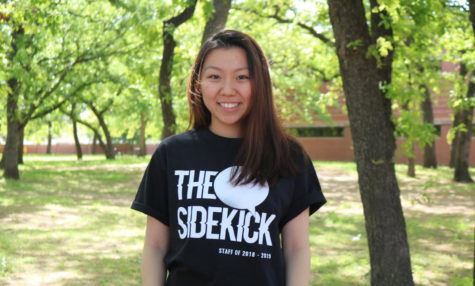Dismantling mistruths
District ‘redefines success’ academically, locally
Coppell ISD has been taking measures to reframe the district’s academic structure for more than a year. After the college admissions scandals in early March, CISD is planning even more significant action.
April 2, 2019
Disheartenment and anger faced the nation when admissions into numerous top-tier universities across the nation involved crimes such as bribery and fraud.
In all its unethicality, the FBI’s “Operation Varsity Blues” investigation only confirmed what Coppell ISD knew already: there is no one track road to success.
Through the tampering of test scores, million dollar donations and the overall loss of merit to the education system, the scandal teaches a lesson CISD plans to take seriously.
“[The scandal] just sends the message socioeconomic status is more important than hard work and dedication,” CHS senior Nisha Ramesh said.
Though the connection is not extreme as to falsifying student records and paying exorbitant amounts of money, something as small as choosing the right class in high school has been the talk of the district and the key ideas it aims to shine a light on: true student engagement.
“If you are rich enough to afford to do the volunteer and unpaid work that looks good on applications, this is pretty much a deck stacked in your favor, and you shouldn’t have to donate huge amounts of money for that,” Texas A&M University junior Grace Lu said. “It is already easier for you and you still don’t think that’s enough.”
With a committee comprised of district leaders, administrators, teaching staff and parents in the works for more than a year now, the conversation of significant policy changes to academic structure has already opened.
“We’ve got to figure out a way to support our students and our families to understand there’s a whole lot more to life, and there’s a whole lot more to education at this level,” CHS Principal Dr. Jund said. “The story you get to tell as a result of the life you live matters more than one admission, or one test grade or one GPA point. We’ve got to continue to hammer having that conversation.”
Since 2003, CISD researched learning frameworks such as Pinnacle 2020 and other education plans that predicate the idea “every child is different”. However, in its recent years, the district has shifted away from current policies to one expected to be in place in 2021.
Acknowledging the competitive nature of its students, the district has accommodated to their academic interests – which has turned into, from a system standpoint, a “vicious cycle”, according to CISD Executive Director of Teaching and Learning Deana Dynis. Struggles within programming are seen in courses such as Latin, German or Ceramics, that have been cut due to their lack of GPA weighting, but connect to learner passion.
“I wish people could step back to a 30,000 foot view and look down on the district with this understanding we literally hire and staff based on the courses kids sign up for,” Dynis said. “Right now, we’re trapped in this systemic loop of, ‘Oh yeah we’d love to offer that, but no one would ever take it.’”
Adjustments to class rank and GPA are to be discussed in the reframing of CISD education plan.
“There is this belief that pursuing your passion comes second to taking the courses that have the highest GPA weighting possible. Everybody’s working to max out there. That’s the [current] message that we send that perpetuates the myth there’s only one way to be successful. And that is to get the highest GPA,” Dynis said.
The district has tested the waters in the conversation of academic integrity as well by the implementation of policies such as such as Cowboy Camp, green lunch and the emphasis of its purpose statement on campus.
In the midst of the crisis, administrators recommend students alleviate their struggles by using accessible resources on campus.
“There are a lot of really talented, excellent students who come out of the school,” Jund said. “I hope they leverage the folks who are here because there are a lot of really great people who can help them figure out a way to get where they want to go, if they just spend time listening.”
Follow Christine on Twitter @chriszacuai.












